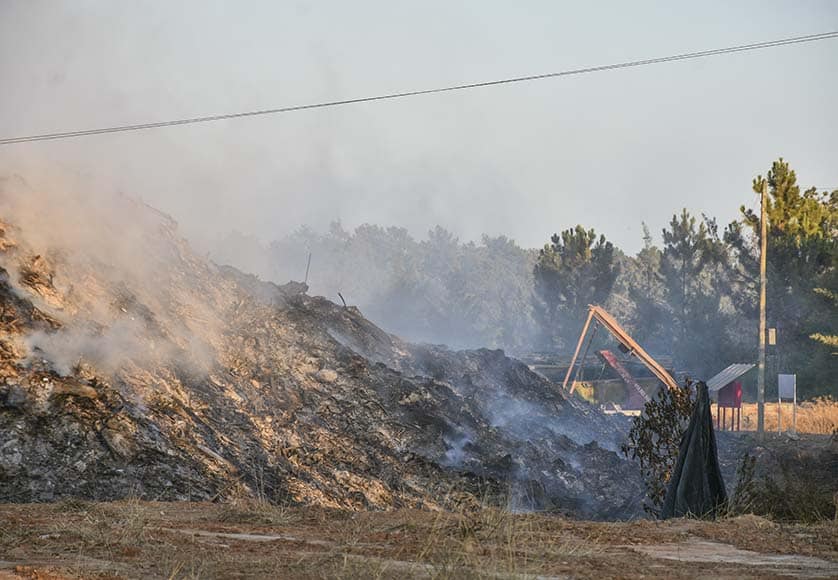Funds available for strategic urban waste “clearly insufficient”
“We are in a sector with a real national emergency. We are aware of how little money there is in national and EU programmes, but it is essential that today’s subsidy and loan programmes, for example from the European Investment Bank, can benefit the sector so that it doesn’t bring Portugal back to the time of the rubbish dumps,” Fernando Leite, managing director of the Association of Municipalities for the Sustainable Management of Waste in Porto said this morning.
During his hearing in the Environment and Energy Committee, Leite pinpointed the problem: the Strategic Plan for Urban Waste (PERSU) 2030 has a budget of €475 million, when what is needed is more like €3.7 billion (this being the estimate recently ‘recognised’ by minister for territorial cohesion Manuel Castro de Almeida.
Speaking about the main constraints facing waste management entities throughout Portugal, Fernando Leite said it is urgent to promote ‘a reinterpretation of PERSU, giving municipalities the opportunity and conditions to be more active’.
It is also urgent to ‘reduce bureaucracy, facilitate and promote synergies between municipalities and high-level management systems, i.e. the relationship between those who collect and those who recover and treat’, as well as promoting the sharing of infrastructures.
In Leite’s opinion, Portugal is in a critical situation in European terms. It is therefore essential to reverse “landfill confinement”, otherwise “very soon” the country – specifically the areas of the north and the Algarve – will run out of space for treating and recovering waste – and will be left with the expensive option of exporting its waste” (and potentially adding to world pollution).
Leite also criticised the position taken by Sociedade Ponto Verde, which has challenged in court the government’s order updating compensation to be paid to local authorities and waste management systems for the work of transporting and recycling packaging.
According to the data provided to Lusa, in seven years, LIPOR has failed to receive around €50 million owed to it, “degrading the company’s cash flow” which in 2023 totalled losses of €2.9 million.
Fernando Leite also told MPs that ‘the overall result of LIPOR’s entry into the free electricity market resulted in a loss of 50% of its revenues, which put it “in a very fragile financial situation”.
When questioned by Lusa, the company clarified that revenue ‘fell abruptly by around €8 million out of an overall and usual figure of €19 million in electricity sales’.
LIPOR’s results in 2023 can also be explained by the end of the legal case that had pitted the company against the Tax Authority for more than 15 years, in which it was ordered by the Supreme Administrative Court to pay around €15 million in Corporate Income Tax (IRC).
Still in response to Lusa, the company said that, in relation to 2024, the unfavourable conditions in terms of revenue remained the same, with the change in negative factors only starting in January 2025, under the current government.
LIPOR – Associação de Municípios para a Gestão Sustentável de Resíduos do Grande Porto (Association of Municipalities for the Sustainable Management of Waste in Greater Porto) – was founded in 1982 as an Association of Municipalities and manages, recovers and treats 500,000 tonnes of municipal waste produced by its eight member municipalities: Espinho, Gondomar, Maia, Matosinhos, Porto, Póvoa de Varzim, Valongo and Vila do Conde.
Lusa




















